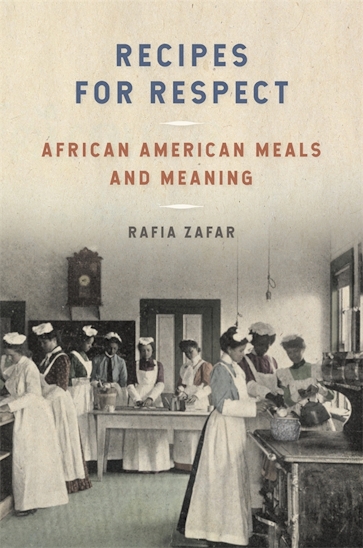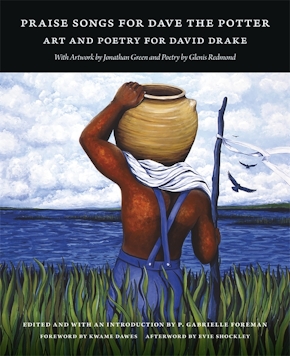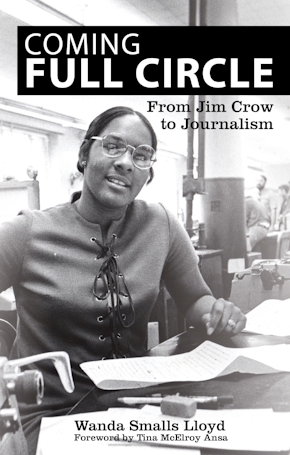Food studies, once trendy, has settled into the public arena. In the academy, scholarship on food and literary culture constitutes a growing river within literary and cultural studies, but writing on African American food and dining remains a tributary. Recipes for Respect bridges this gap, illuminating the role of foodways in African American culture as well as the contributions of Black cooks and chefs to what has been considered the mainstream.
Beginning in the early nineteenth century and continuing nearly to the present day, African Americans have often been stereotyped as illiterate kitchen geniuses. Rafia Zafar addresses this error, highlighting the long history of accomplished African Americans within our culinary traditions, as well as the literary and entrepreneurial strategies for civil rights and respectability woven into the written records of dining, cooking, and serving. Whether revealed in cookbooks or fiction, memoirs or hotel-keeping manuals, agricultural extension bulletins or library collections, foodways knowledge sustained Black strategies for self-reliance and dignity, the preservation of historical memory, and civil rights and social mobility. If, to follow Mary Douglas’s dictum, food is a field of action—that is, a venue for social intimacy, exchange, or aggression—African American writing about foodways constitutes an underappreciated critique of the racialized social and intellectual spaces of the United States.
Drawing on Mary Douglas's early insight that 'food is a field of social action,' Rafia Zafar carefully braids strands of culinary history, authorship, and politics in African American culture to demonstrate how writers and cooks (and writer-cooks) used foodways to intervene in questions of political and social advancement.
Recipes for Respect is a thoroughly engaging trip through African American gastronomic life that replaces stereotype and flattened ideas about African-American relations with food with a supple, wide-ranging picture of the black men and women who wrote, planted and cooked their way into new positions in American life.
—Kim F. Hall, author of Things of Darkness: Economies of Race and Gender in Early Modern England
In the academy, scholarship on food and literary culture constitutes a growing river within literary and cultural studies, but writing on African American food and dining remains a tributary.
Recipes for Respect bridges this gap, illuminating the role of foodways in African American culture as well as the contributions of Black cooks and chefs to what has been considered the mainstream.
—Texas Institute for the Preservation of History & Culture Newsletter
Recipes for Respect: African American Meals and Meaning refutes any notion that African American cooking comes from illiterate cooks, and captures the long history of African American dining, cooking, and serving. It weaves in cultural explorations and insights as it peppers recipes with discussions of the Black Power Movement, early cookbooks by African Americans, changing civil rights perceptions and culinary approaches, and more. By weaving cooking traditions into the mix of history, politics, and social science, this book offers a focus that will lend to its use in college-level classrooms as well as by culinary historians interested in ethnic roots in general and African American food in particular.
—The Midwest Book Review
The clarity of Zafar’s prose makes
Recipes for Respect accessible to a broad audience even as it advances richly nuanced histories of race and identity. A book of exceptional utility for teaching, Zafar’s commentary provides a compelling guide to African American culinary writing from the mid 1800s through the twentieth century.
—B.L. Herman, CHOICE Connect
In the exquisitely researched and readable
Recipes for Respect, Rafia Zafar carves a space to pause and examine the often-obscured lives of the black authors of American cookbooks, memoirs, hotelkeepers' manuals, agricultural extension bulletins, and personal papers found in private archives and public libraries. . . . Zafar spotlights methods and invites readers from multiple disciplines and backgrounds into the fray. . . . [An] enlightening and concise book.
—Jamie Horwitz, Journal of American History
Recipes for Respect is welcome among a recent spate of literature by authors such as Psyche Williams-Forson and Toni Tipton Martin that emphasizes the agency and sophistication of African American food work. . . . Zafar reminds us that food was both a signal of status and a symbol of civil rights.
—Angela Jill Cooley, Agricultural History
By studying noted culinary texts, including cookbooks, novels, and memoirs, written by African Americans in the nineteenth and twentieth centuries, Zafar demonstrates that generations of black people understood the cultural, social, and political significance of food.
—Jennifer Jensen Wallach, American Historical Review
Recipes for Respect offers a synthesis of Black authors demonstrating how food writing provides a lens into racial uplift and civil rights.
—Angela Jill Cooley, Agricultural History
Recipes for Respect will become the next notable classic within the canon of African American culinary history.
—Dani M. Willcutt, The Journal of African American History
In
Recipes for Respect: African American Meals and Meaning, Zafar reminds us that in their roles as growers, harvesters, preparers, and consumers of food— and as writers about food—Black folks have been documenting the racialized and racist histories of the American project. Zafar shows readers that African American culinary history can be a powerful avenue through which to learn more about US history writ large and to see formerly enslaved peoples of African descent at the center, as laborers and as meaning makers, always reaching for and demanding respect.
—Kimberly Nettles-Barcelón, Winterthur Portfolio



